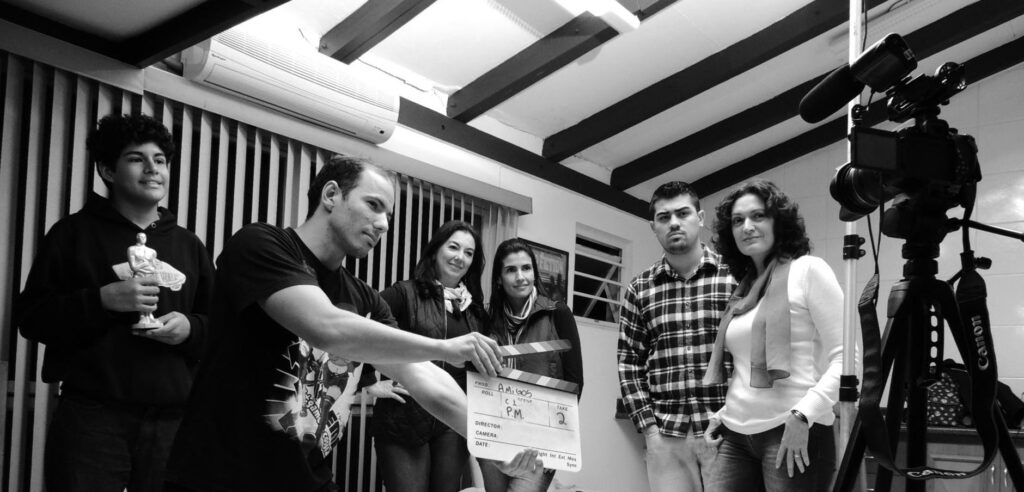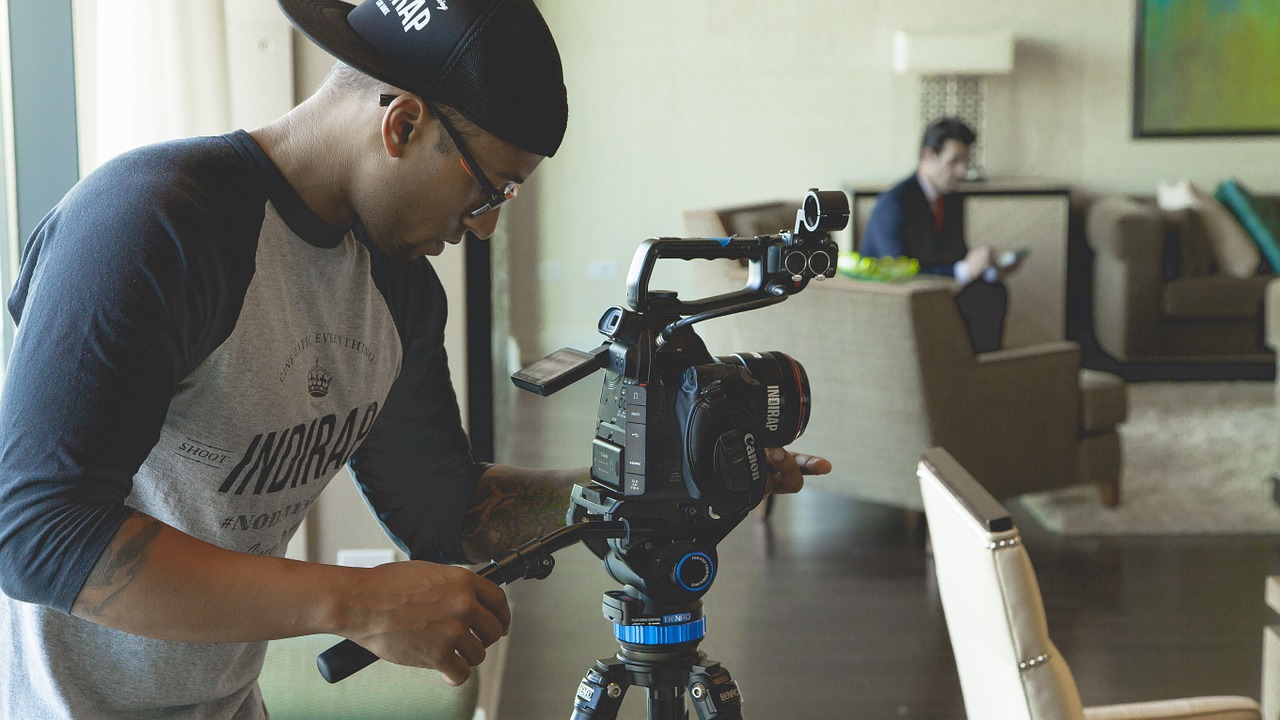When you think of the entertainment industry, the first thing that comes to mind are the glamorous actors and actresses that bring characters to life. But a movie or television series requires a team of collaborators and a lot of behind-the-scenes effort that doesn’t tend to get a lot of attention in the spotlight.
There are so many components going on behind the scenes to complete a project, and several stages that occur before a movie or television show can be released to an audience. Many jobs in the entertainment industry are less known or don’t get as much credit, and at the New York Film Academy, we feel these artists deserve credit where credit is due for their integral role in the process of creating a film or television program.
Below, we’ve outlined some behind-the-scenes jobs and the people who help see the project through to the end.
Casting Director
The production company or corporate client hires a casting director to organize and facilitate the casting of all the roles for a film. The casting director will work closely with the director and producer under the vision of the film, and its needs, and requirements before moving forward with interviews and auditions. The casting director draws on their network of artists to help make connections between a production and prospective performers, providing the producers and director with viable choices for roles.
After interviews and auditions occur, the casting director meets with the director and the producer to help make final selections for roles. Notable casting directors include Kerry Barden, Randi Hiller, Ellen Lewis, John Papsidera, and Ellen Chenoweth.
Camera Operator
A camera operator usually works with the director of photography to manage the technological aspects of creating shot composition and development. An operator starts work at the end of pre-production, and assesses details such as performance, art direction, lighting, composition and camera movement to create film sequences.
The camera operator oversees other roles in the camera department, including first assistant camera, second assistant camera, and the camera trainee. Once shots have been blocked off, the camera operator works with the director of photography to determine the position of the camera, and how the camera’s position will affect the director and grip’s workload.
The Society of Camera Operators’ 2017 Lifetime Achievement Awards has recognized outstanding camera operators, including: Mike Moad, Mobile Camera Platform Operator Award; Brad Hurndell, SHOTOVER, and Phil Saad, That Cat, Technical Achievement Award; Phillip Caruso, Still Photographer Award; Michael Keaton, Governors Award; Bobby Mancuso, Camera Technician Award; Dr. Thomas C. Lee, CHLA Vision Center; Andrew Mitchell, COY TV; Ari Robbins, COY Film; and Garrett Brown, Camera Operator Award.
Film Editor
A film editor, also known as a picture editor, takes raw footage of the film and combines them into sequences to create the finished film. The film editor must collaborate with cinematographers and sound editors to combine sight and sound. The editor spends hours looking at raw footage and must assemble the film a half-second at a time, while keeping deadlines in mind.
Film editor Walter Murch in 2005 told National Public Radio that, “I like to think this is sort of a cross between a short-order cook and a brain surgeon. Sometimes you’re doing incredibly delicate things. Two frames different will mean whether the film is a success or not…”
Verna Fields, Anne V. Coates, Robert Wise, Walter Murch, and Dede Allen are just a few respectable film editors in Hollywood.
Composer
A composer creates music – also known as musical accompaniment — for the film. Through music, speech, and action, the composer can create and set a mood for a specific scene, or the entire movie. Film music composers must come to an agreement with movie directors – music must be written to match a certain tone of a scene. Once an agreement has been met, scores are fleshed out, musicians are hired, and recordings are made.
Alex Ross, a contributing writer for The New Yorker, wrote, “… when a film composer hits a sufficient vein of inspiration, the images are charged with a feeling of newness, of unprecedented action … the injection of ‘live’ sound gives us the feeling that we have been kicked into the present moment, as the best film music invariably does.”
Well known composers include John Williams, Howard Shore, Hans Zimmer, James N. Howard, Jerry Goldsmith, and James Homer.
Let’s take a moment to appreciate all of the hard work behind the scenes that goes into making a movie or television series. The entertainment industry wouldn’t be as successful as it is today without all of the incredibly talented and hardworking professionals that make film and television come to life.



